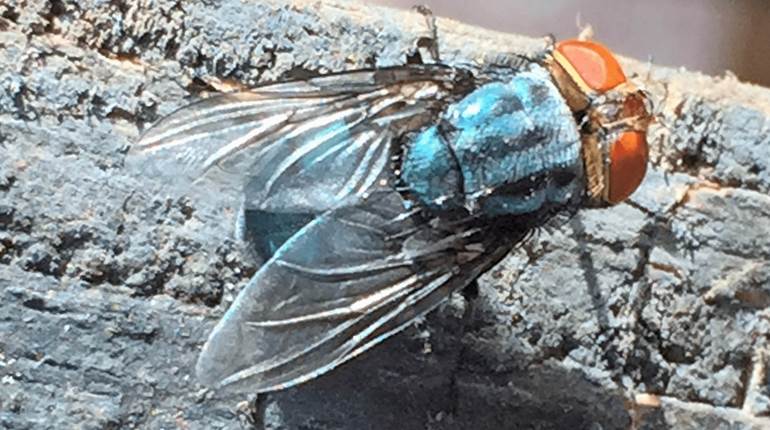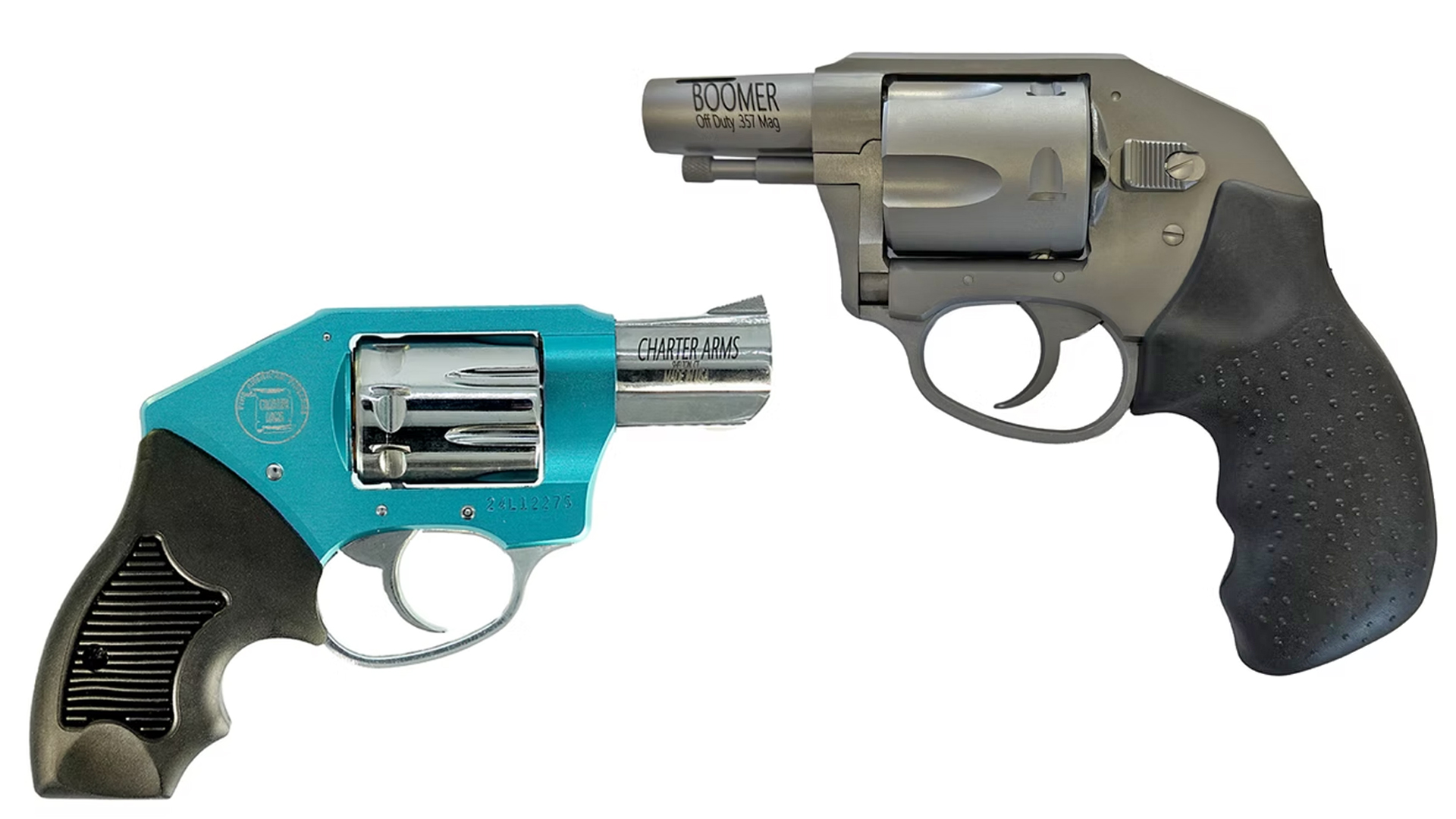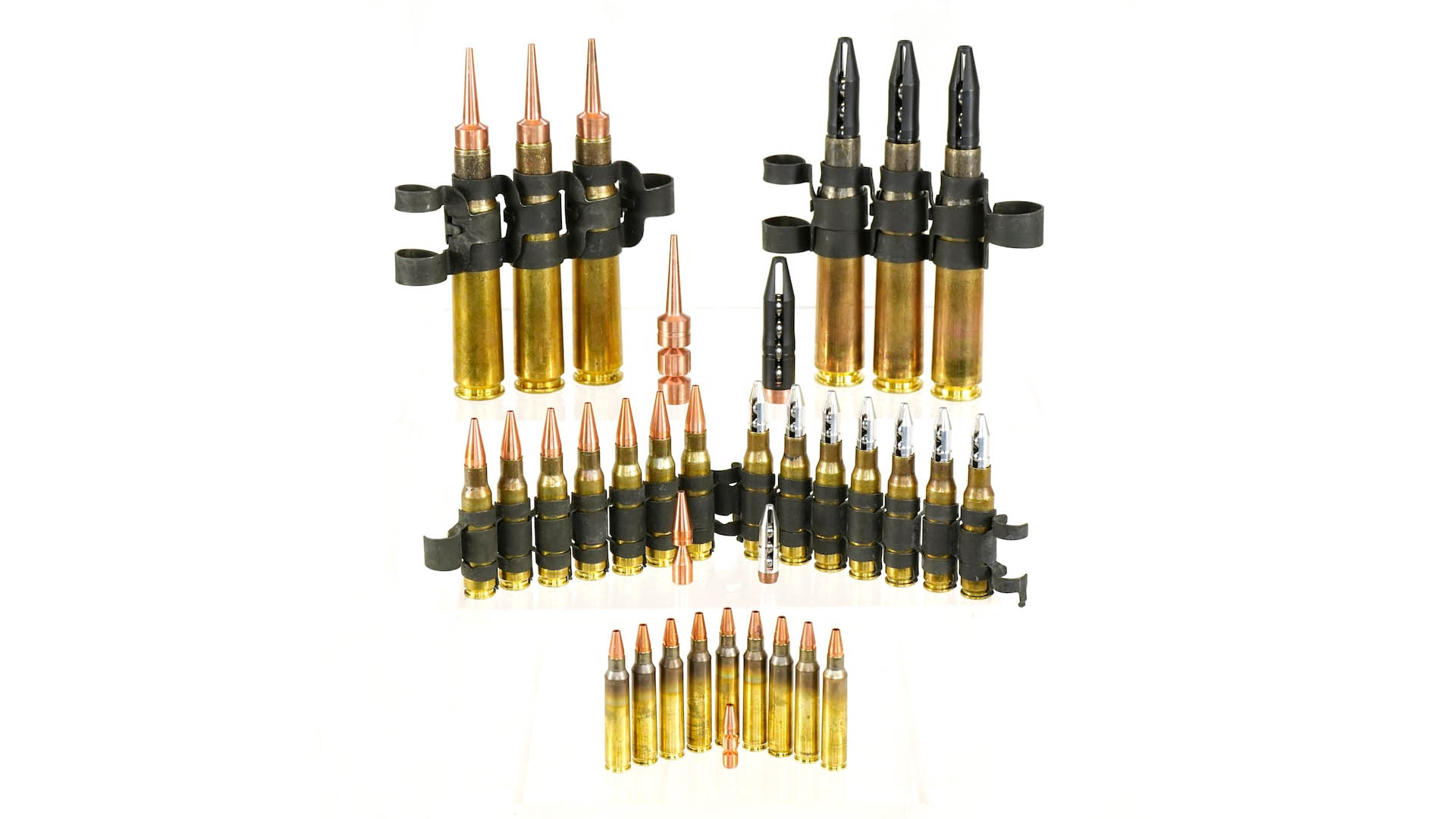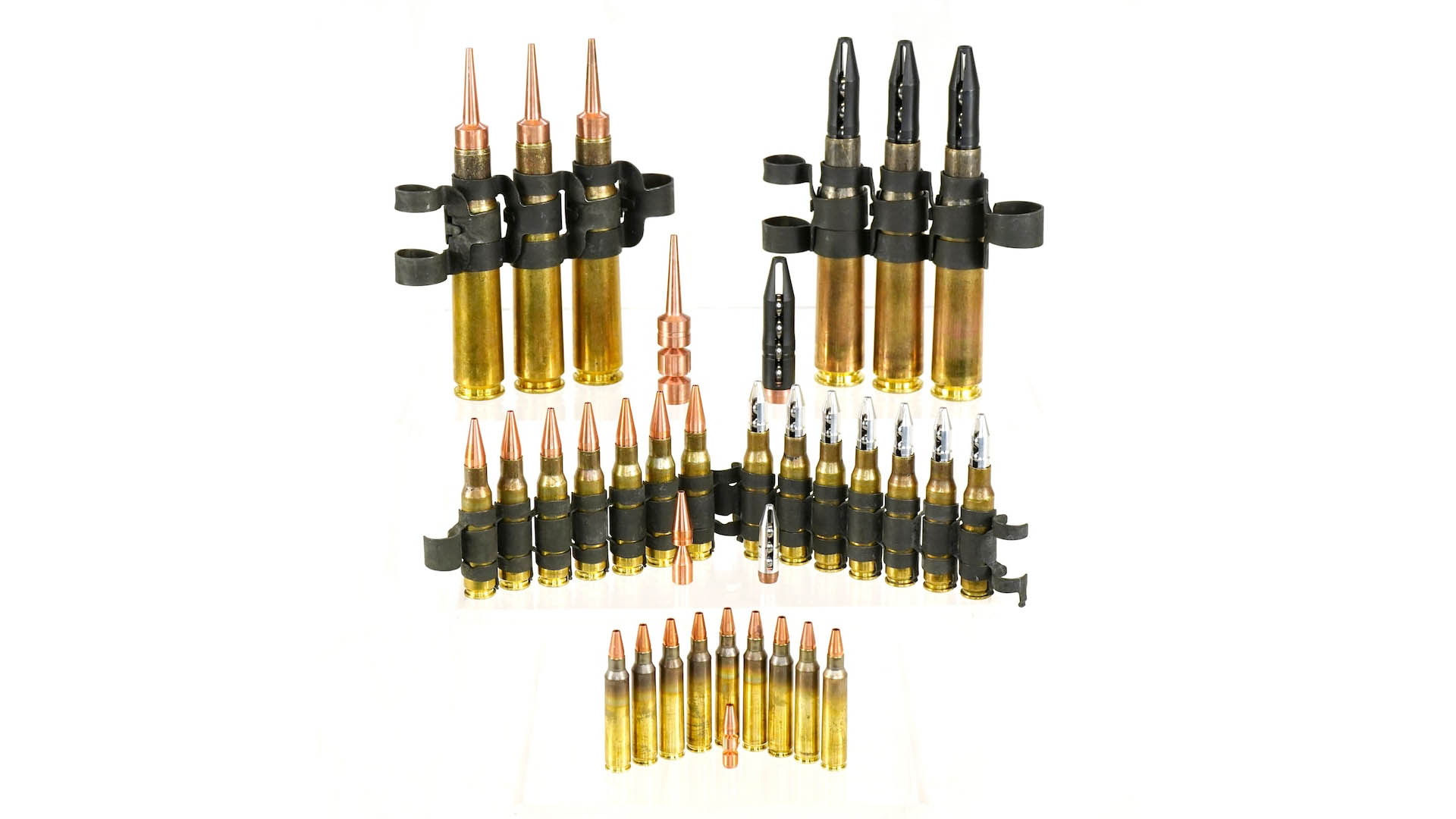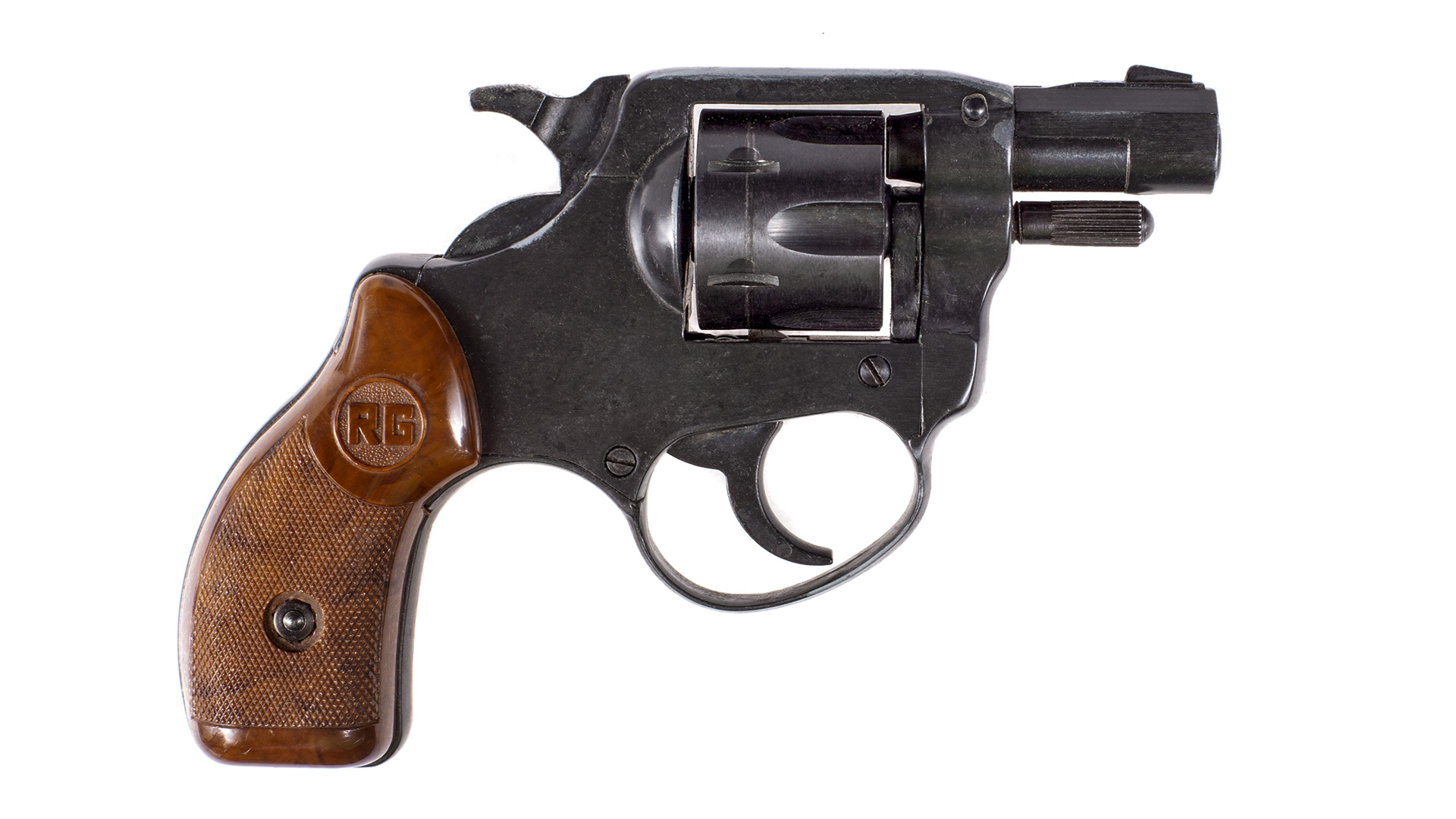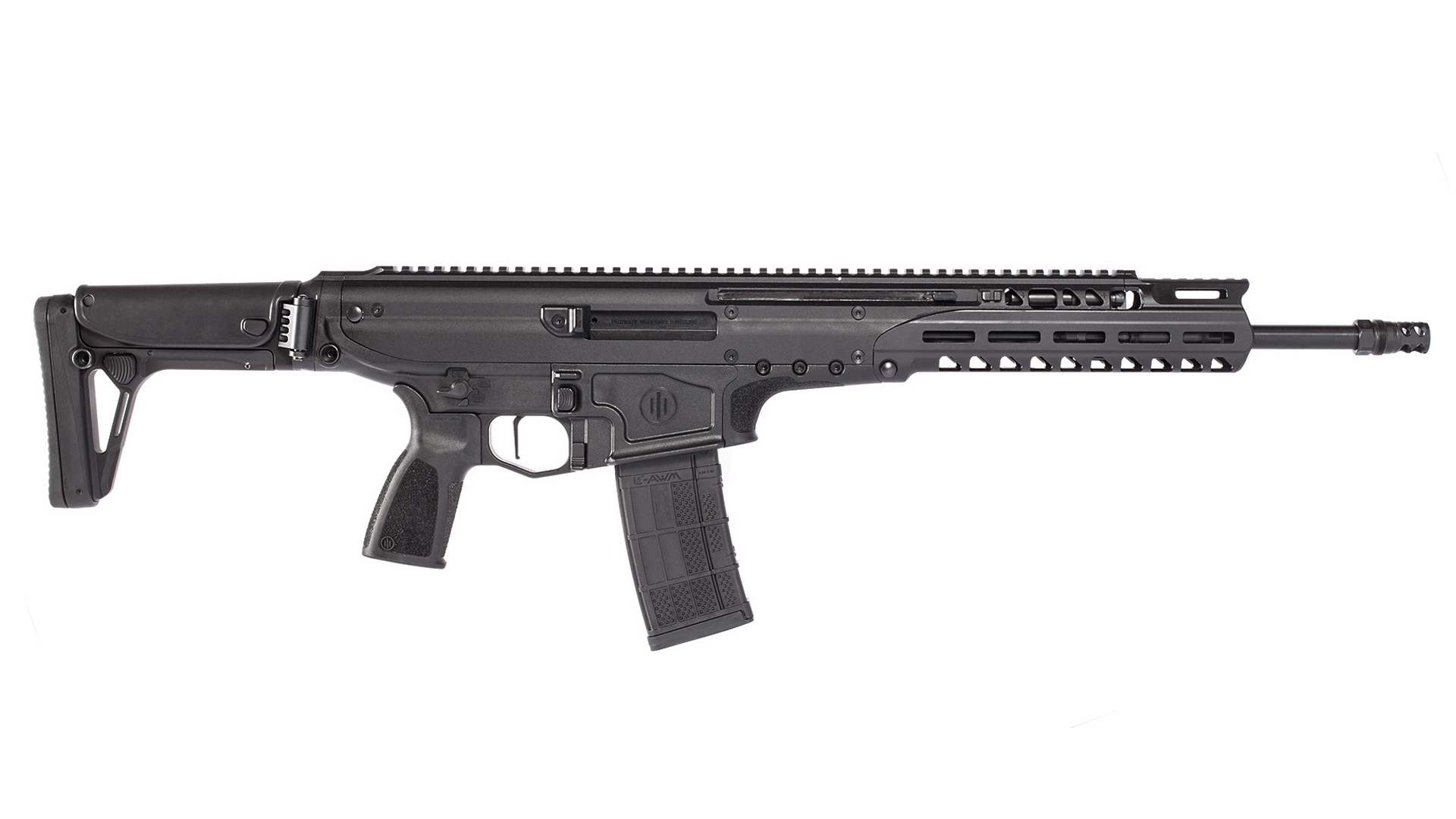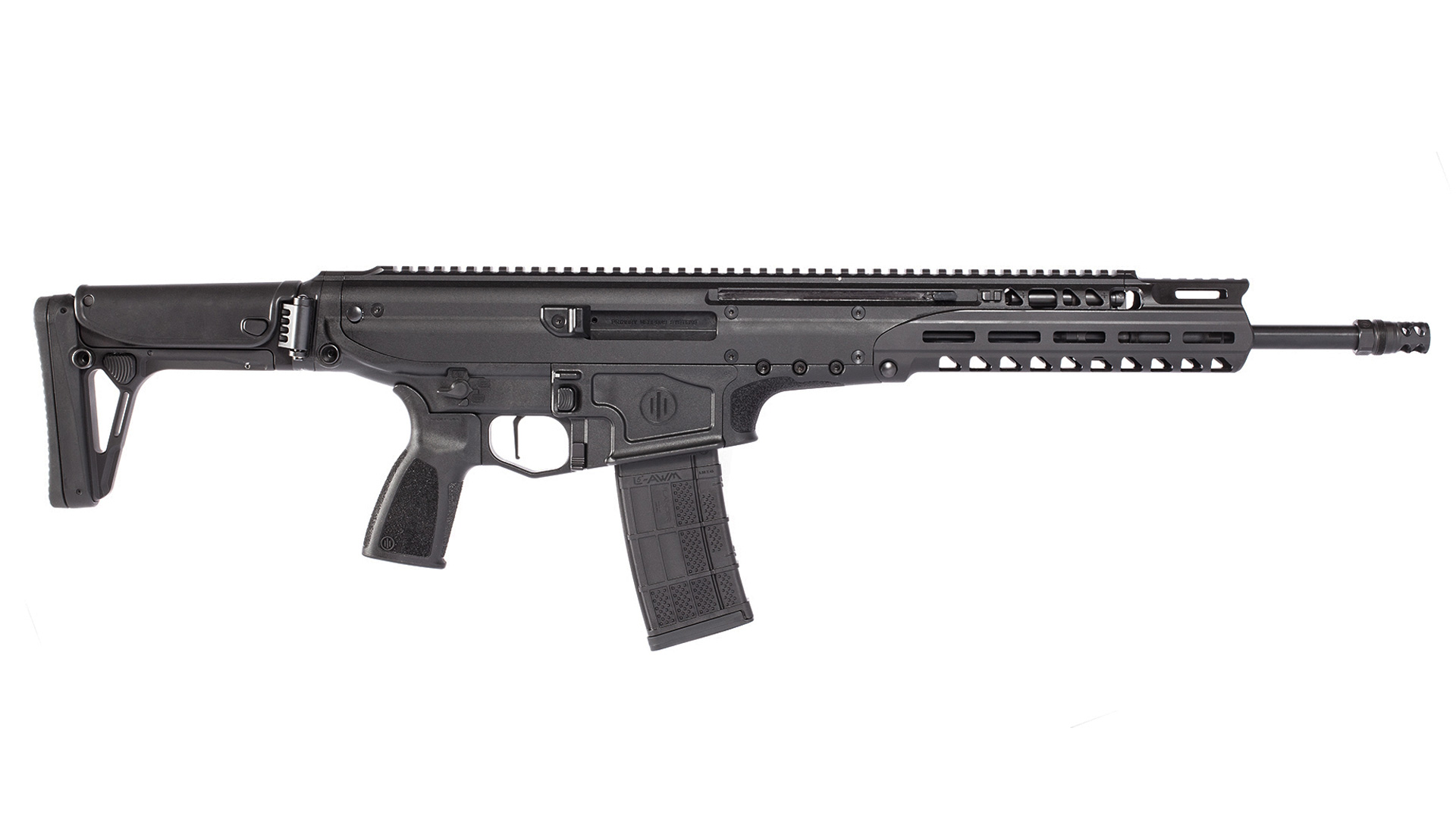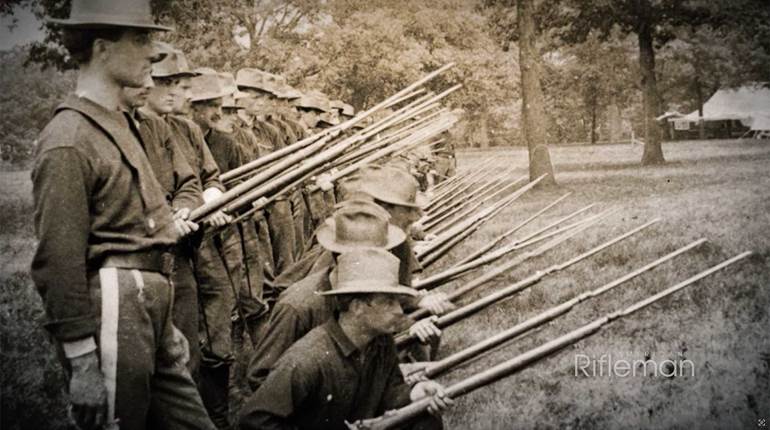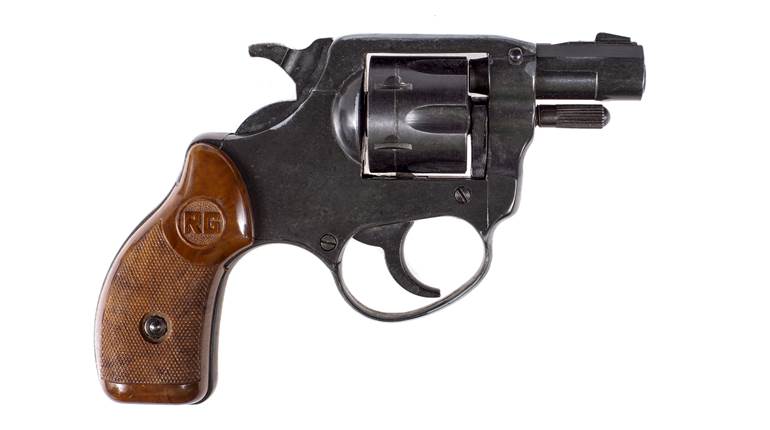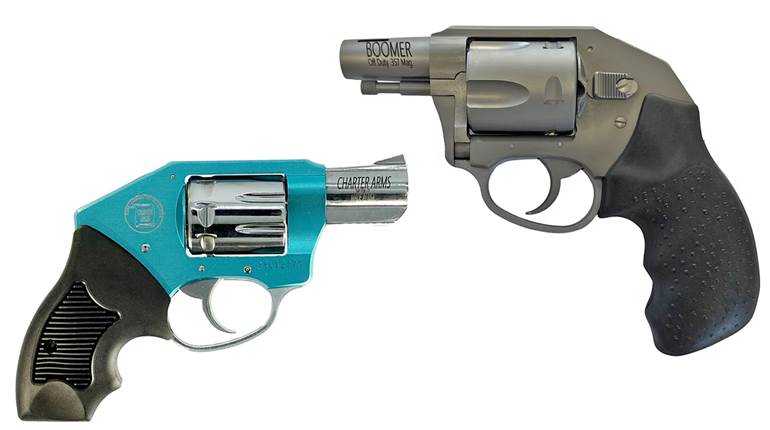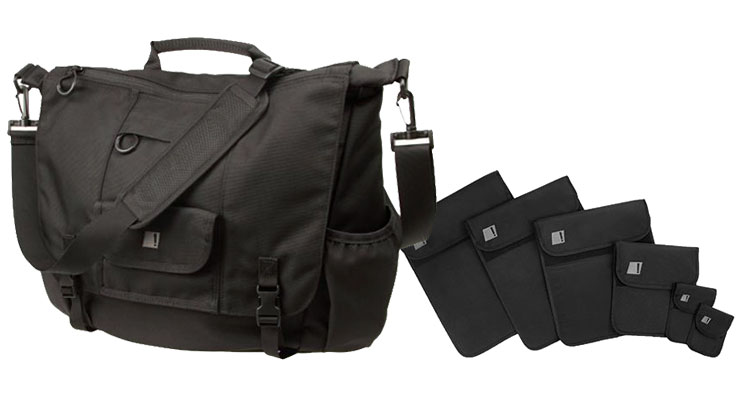
Radio-frequency identification (RFID) chips and tags are so commonplace we hardly notice them. Unfortunately, the ones hiding in some of our credit cards, identification and passports have not escaped the attention of criminals.
In simplest terms, RFID chips are tiny little storehouses of information that keep their yaps shut until a transmitter on the right frequency queries it for information. Nearly all the time it’s a cash register doing the asking, and an RFID-equipped credit card is eager to help speed you on your way by providing the right details. Unfortunately, identity thieves aren’t just monitoring the airwaves; they’re carrying around transmitters trying to pick your pocket electronically.
Those miniature radios have to be in close proximity for it to happen, but airports, malls, almost anywhere with a crowd, is fertile ground for electronically savvy criminals. Personally, I’d like to own a jamming device of some sort, although I’m pretty sure the Federal Communications Commission would find some sort of rule I was breaking, lock me up and throw away the key.
In the meantime, I’ll just travel with my RFID-equipped stuff in one of Blackhawk’s new Under the Radar Pouches. They feature Zero Trace signal-blocking technology in their fabric to protect your electronic devices and prevent unwanted scans of personal and financial information.
The pouches are available for cell phones, wallets, passports, tablets and laptop computers. If you really want to remain electronically undectable, consider the fully encased Under the Radar Courier Bag. Computers are vulnerable too, so the company offers 13-, 15- and 17-inch laptop protective cases.
One of the more interesting notes in the Blackhawk announcement was the fact that computer gear or phones taken in evidence by law enforcement can apparently be “data wiped” remotely by a criminal. The Under the Radar Pouches can prevent that, as well, but it amazes me just how devious today’s criminals have become.
We need to be just as clever. Visit Blackhawk today and establish a new line of defense.














